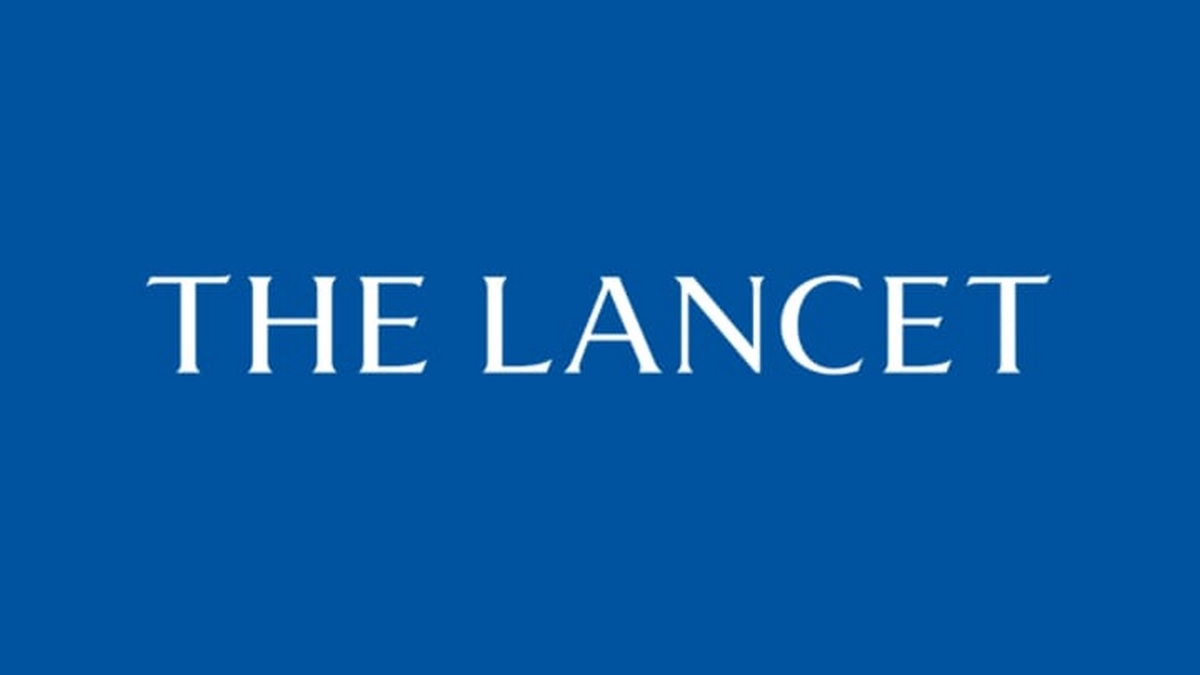In February of 2020, 27 scientists wrote a letter to The Lancet, claiming studies “overwhelmingly conclude that this coronavirus originated in wildlife”. The authors stated, “We stand together to strongly condemn conspiracy theories suggesting that COVID-19 does not have a natural origin.”
Fast forward to May of 2020. 18 other scientists – including some of the biggest names in the field – wrote a letter to Science stating, “Theories of accidental release from a lab and zoonotic spillover both remain viable” and we must “take hypotheses about both natural and laboratory spillovers seriously until we have sufficient data”.
Now some of the authors of the Lancet letter have penned a new letter for that journal. As several commentators have noted, it’s a rather shameless piece of writing. This is particularly true given that the authors were already criticised for not declaring conflicts of interest.
They begin by describing the context of their original missive: “Unsubstantiated allegations were being raised about the source of the COVID-19 outbreak and the integrity of our peers who were diligently working to learn more about the newly recognised virus.”
Given the location of the first outbreak, and other circumstantial evidence, suggesting the virus might have leaked from a lab was perfectly reasonable. Yet the authors still refer to such suggestions as “unsubstantial allegations”, even though their own theory is just as “unsubstantiated”.
They claim that their peers – by whom they presumably mean scientists at the Wuhan Institute – were “diligently working to learn more about the newly recognised virus”. The implication here is that it was unfair for people to suggest they might have dropped the ball on lab security.
However, these scientists weren’t “diligent” enough to mention that a virus in their database whose genome is 96.2% similar to SARS-CoV-2 was identical to one that had been implicated in an unexplained 2012 outbreak of pneumonia. Nor have they been “diligent” enough to share their lab records with other scientists. Ironically, the authors later mention the importance of “transparent sharing of data”.
They go on to say: “We believe the strongest clue from new, credible, and peer-reviewed evidence in the scientific literature is that the virus evolved in nature, while suggestions of a laboratory-leak source of the pandemic remain without scientifically validated evidence that directly supports it in peer-reviewed scientific journals.”
As Alina Chan noted on Twitter, even if the virus did evolve naturally, this does not preclude the possibility of a lab leak (since the virus that escaped might have been collected from nature). Hence the authors’ inference here is simply invalid.
Chan – who is herself a molecular biologist – also disputes the scientific papers the authors cite in support of a natural origin. She claims that “none of them provide evidence of how SARS2 would’ve naturally emerged in Wuhan”.
In the final part of the letter, the authors say they “welcome calls for scientifically rigorous investigations”, citing the aforementioned letter in Science (of which Chan was one signatory). I guess that’s progress from painting those who disagree with you as “conspiracy theorists”.
Without a hint of irony, they then state: “It is time to turn down the heat of the rhetoric and turn up the light of scientific inquiry.” Despite this, the authors don’t apologise for characterising the lab leak as a “conspiracy theory”, thereby helping to shut down debate on COVID-19 origins for more than a year.
It’s important to remember that neither the natural origin nor the lab leak theory has been proven correct. Either one could turn out to be true. But this new letter adds nothing to the scientific debate.
Overall, it’s a missed opportunity. The authors could have apologised for the language in their original letter, but they instead chose to sidestep the issue, while telling us what we already know about the importance of scientific rigour.












To join in with the discussion please make a donation to The Daily Sceptic.
Profanity and abuse will be removed and may lead to a permanent ban.